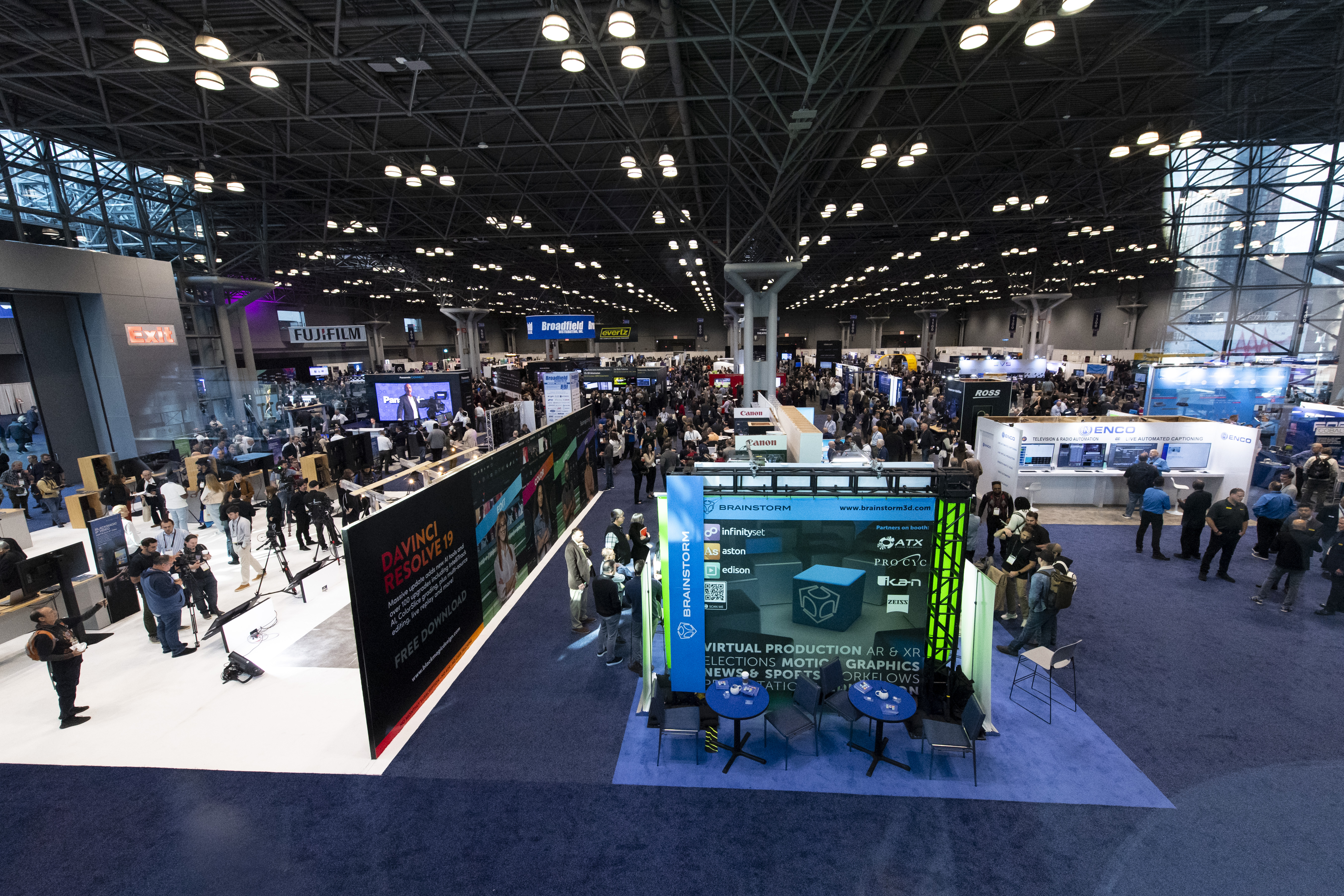DOJ: Too much spectrum now controlled by telcos
The Department of Justice has warned the FCC to place a cap on the amount of additional spectrum that AT&T and Verizon might acquire in the upcoming broadcast spectrum auction. The agency says the two telcos control too much already.
“(The FCC) must ensure that the allocation of spectrum at auction does not enable carriers with high market shares to foreclose smaller carriers from improving their customers’ coverage,” the DOJ’s antitrust division told the FCC in a filing. “Today, the two leading carriers have the vast majority of low-frequency spectrum, whereas the two other nationwide carriers have virtually none.
“This results in the two smaller nationwide carriers having a somewhat diminished ability to compete, particularly in rural areas where the cost to build out coverage is higher with high-frequency spectrum,” said the DOJ document, signed by William J. Bayer, assistant attorney general for antitrust issues.
As the FCC prepares for the auction in the 600 MHz band, the Justice Department is clearly worried AT&T and Verizon would dominate the bidding. This could cause smaller competitors to avoid the bidding process.
The DOJ warning contradicts another warning by Preston Padden, head of the Expanding Opportunities for Broadcasters Coalition, a group of broadcasters that want to sell their spectrum in the auctions. Padden said the group wants no restrictions on Verizon or AT&T in the bidding. He warned earlier this if the FCC limits those companies in bidding, the broadcast auctions will fail.
The Justice Department noted that competition has been a major force in driving innovation in communications. “Rivalry among competitors provides strong pressures to maintain existing demand and to win over new customers in a number of ways, such as seeking out means for lowering costs or for developing new or better products and services, through new technology, new business methods or other sources of efficiency,” the filing said.
The department said its principal concern is that acquisition of spectrum, whether at auction or through subsequent transactions, should not be used to create or enhance market power. Already, it said, mobile markets in the nation are concentrated.
The professional video industry's #1 source for news, trends and product and tech information. Sign up below.
"In a highly concentrated industry with large margins between the price and incremental cost of existing wireless broadband services, the value of keeping spectrum out of competitors’ hands could be very high,” it wrote.
Public Knowledge, a consumer advocacy group, praised the Justice Department’s position. “It is gratifying to see the DOJ take such a strong stand in favor of competition and against the wireless status quo,” said John Bergmayer, senior staff attorney at Public Knowledge.
